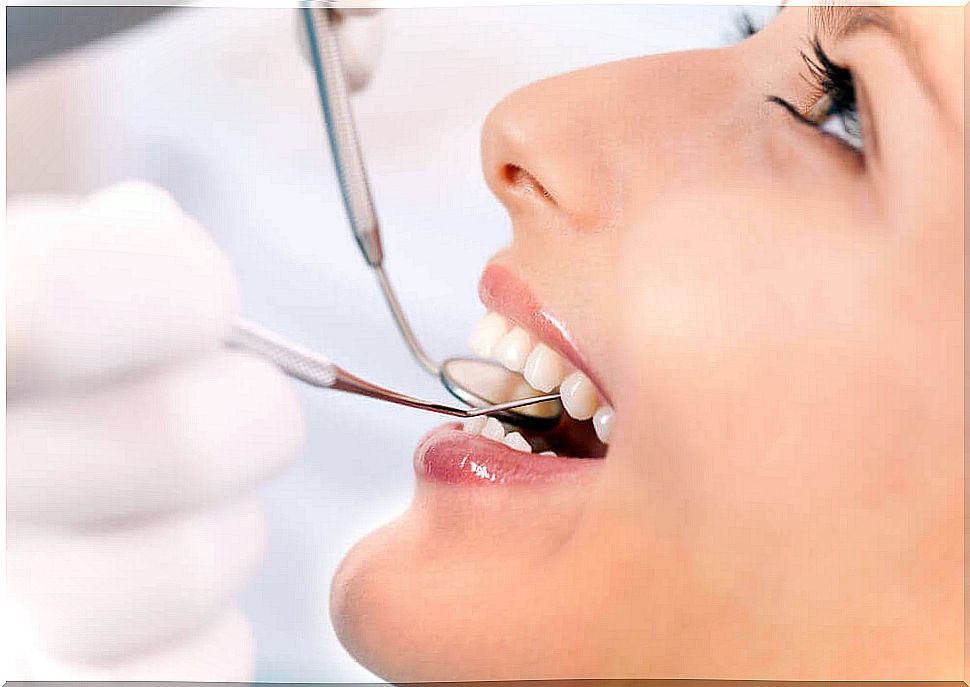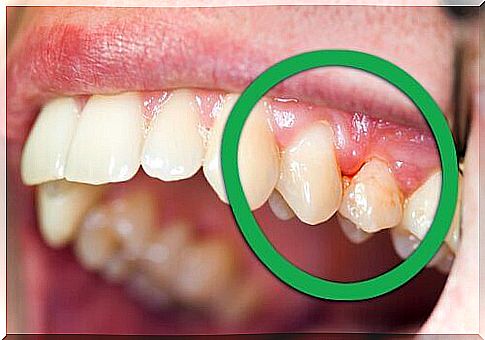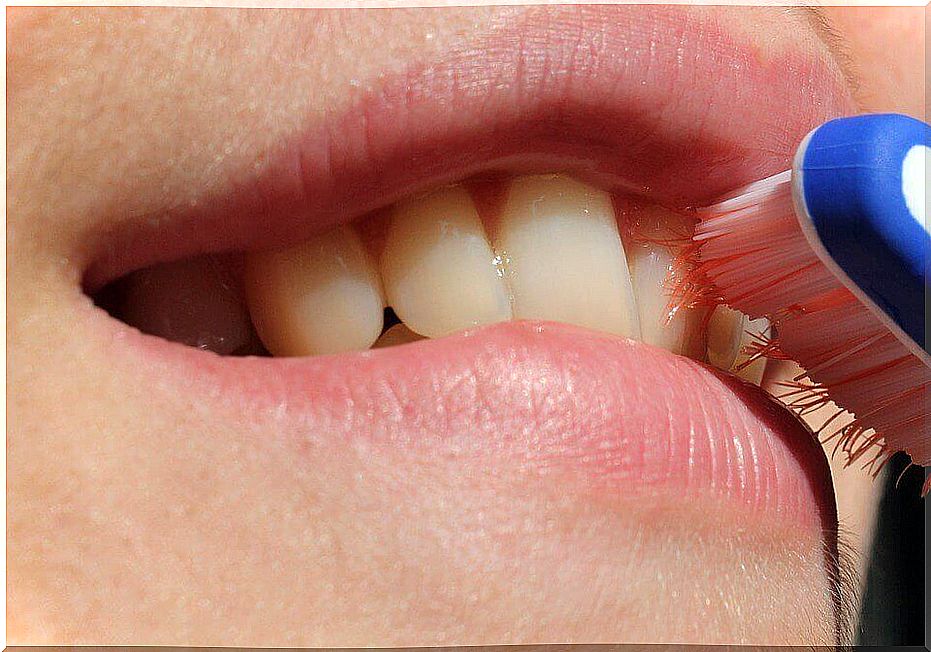Learn More About Gingivitis During Pregnancy – You Are Parents

Women with significant hormonal changes are more vulnerable to infections and illnesses. The gingivitis during pregnancy is one of them.
This condition is more common than you might think in pregnant women. This is a periodontal disease that causes severe inflammation of the gums, including bleeding.
The infection generates the destruction of the tissues that support the teeth. This develops after long-standing dental plaque deposits. About 50% of pregnant women have it.
Even if this inflammation does not involve any risk for the pregnancy, it should not progress because if it is not treated in time, it can have consequences. This is because advanced periodontal disease can cause premature birth.
Gingivitis in Pregnancy: Why is it Common?

Increased blood flow
During pregnancy, women experience increased blood flow. This can therefore lead to pain and inflammation of the gums and, in some cases, bleeding.
Tooth sensitivity increases during gestation due to hormonal changes. The risk of pain and inflammation in these areas is therefore still latent.
A repulsion towards minty flavors
Although this is unusual, there are some cases of pregnant women who develop a distaste for minty flavors. They make them nauseous and therefore they try to avoid them. Since toothpastes are mainly menthol based, this increases vomiting and thus damages the gums.
This is because the stomach acids present in vomiting weaken the gum tissue and tooth enamel. This makes dental health more vulnerable.
Breathing through the mouth
When the mother has a cold, she is likely to have nasal congestion. With the nostrils blocked, she tries to breathe through her mouth and this also increases the risk of developing gingivitis during pregnancy.
Changes in salivation
During pregnancy, substances such as potassium, calcium and iron are more present in the composition of saliva. In addition, it acquires a lower pH and therefore is more acidic.
The accumulation of dental plaque is favored by these different conditions because anaerobic bacteria proliferate. Likewise, mucin increases during gestation. The mucin protein stimulates adhesion, which promotes the destructive qualities of dental plaque.
Symptoms of gingivitis during pregnancy
- Pain and inflammation
- The gums have a shiny appearance
- Tenderness, inflammation and redness of the gums
- Bleeding when brushing your teeth
During pregnancy, if a woman exhibits any of these symptoms, she should go to her dentist immediately in order to receive the correct treatment on time and avoid complications.
Complications of gingivitis during pregnancy
The pregnant woman should be attentive to any pain that arises during pregnancy. Although oral diseases do not involve a high risk for pregnancy, they can have unimaginable consequences if not treated in time.
- Proliferation of blisters. The blisters are called the tumors of pregnancy. Fortunately, their removal is not complicated but just as uncomfortable for the woman.
- Premature delivery. Women with periodontal disease are three times more likely to have a premature birth. Indeed, the foeto-placental barrier receives substances secreted by the immune system. These cause an advance in the due date, usually before the end of 37 weeks.
The scale is the primary bacteria Provider immune system.

Treatment of gingivitis during pregnancy
This inflammation can be perfectly avoided by maintaining good oral hygiene. Women should be aware that during pregnancy the measurements are more stringent due to the changes in the body and the consequences on their health.
Brushing of teeth should be extended for at least three minutes and the minimum brushing frequency should be twice a day. The toothbrush should include soft bristles to minimize damage to the gums. In addition, every six months, it must be replaced. We recommend that you use dental floss every day.
Mouthwashes with lukewarm water and salt (once a day) will also help maintain oral health. On the other hand, it is recommended to schedule at least one visit to the dentist every quarter to make sure everything is under control.









